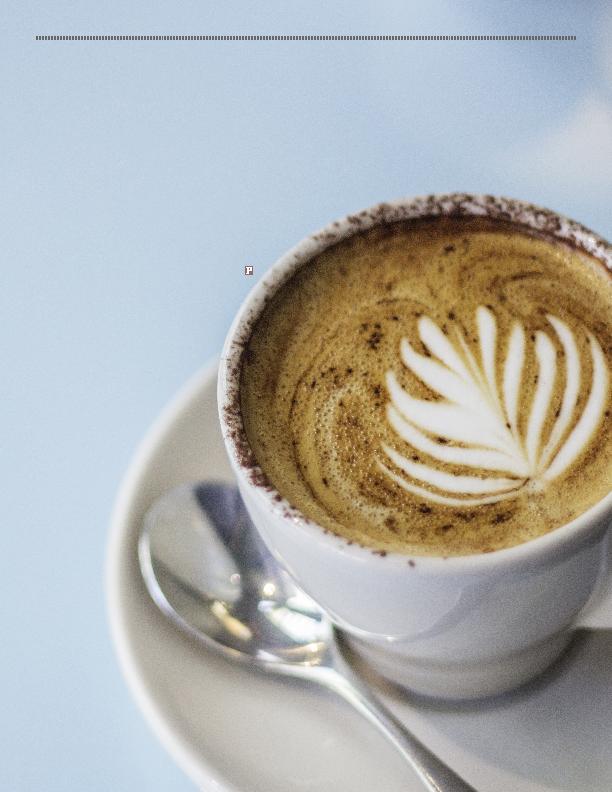
such a similar product, Starbucks ought to
be "held accountable for infringing, diluting
and otherwise diminishing" The End's
intellectual property.
The End sought a permanent injunction
against Starbucks' use of the "UNICORN
LATTE" or "UNICORN FRAPPUCCINO"
mark, as well as damages in the form of
Starbucks' profits from the drink and any
losses that The End incurred. Some sources
claim the demand totaled $10 million.
was resolved, the parties settled for an
undisclosed sum. Even though the court
documents do not specify the amount, the
record shows that each party will pay their
own costs and also noted prejudice against
Starbucks.
the actual cost of Starbucks' alleged
infringement, the lawsuit highlights how
well-maintained intellectual property and
a skillfully drafted complaint can lead to
quick and successful litigation, even against
one of the largest brands in the world. If
The End had not registered its mark with
the Patent and Trademark Office, it would
have diminished its ability to bring suit
for nationwide damages since it had only
one location in New York. In addition, the
registration put Starbucks on constructive
notice that its product would potentially
infringe on The End's mark. But the
registration wasn't the only component that
led to The End's ultimate success.
The complaint's inclusion of state
law and common law claims also forced
Starbucks to defend its general business
tactics in failing to take steps to clarify that
its product was distinct from The End's
latte. The unfair business practices claims
and common law claims would have likely
prevented Starbucks from arguing that it
had no control over its customers' use (or
misuse) of the Unicorn Latte mark to refer
to its Frappuccino once the product was
released.
However, it also should be noted that
Starbucks might have identified the Unicorn
Latte mark in advance, but determined
that the risk of infringement was not likely
product was worth the risk.
This Unicorn Latte example also serves
as a reminder to protect any new brands
at an early stage even small ones. The
small brand owner should collect evidence
of confusion and call upon an attorney
early to draft a comprehensive complaint
under common law, state law and federal
law. Doing so can prevent large brands
from co-opting unique intellectual property,
especially during a fast-moving social trend,
such as the unicorn movement,
making this prudent
protection process
potentially worth
its weight in
gold.
Company, WL 1747128 (E.D.N.Y. 2017). (No. 1:17-cv-
02678).
foxbusiness.com/features/2017/09/05/starbucks-
and-brooklyn-cafe-settle-unicorn-drink-lawsuit.html;
Dave Simpson, Starbucks, NY Cafe Settle `Unicorn
Frappuccino' TM Row, Law360 (Sept. 5, 2017, 10:04
PM), https://www.law360.com/articles/960858/starbucks-
ny-cafe-settle-unicorn-frappuccino-tm-row.
Factory Inc., The End Brooklyn v. Starbucks Corporation
d/b/a Starbucks Coffee Company, No. 1:17-cv-02678
(E.D.N.Y. Sept. 5, 2017).